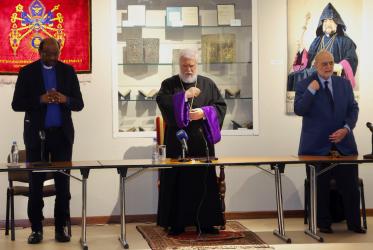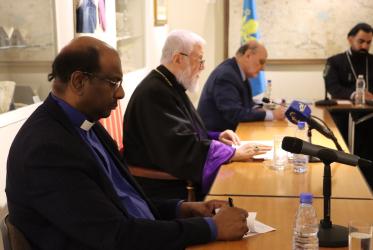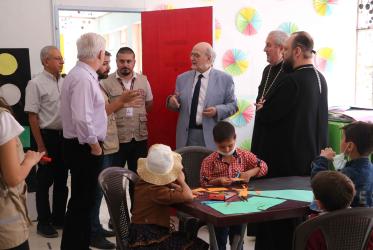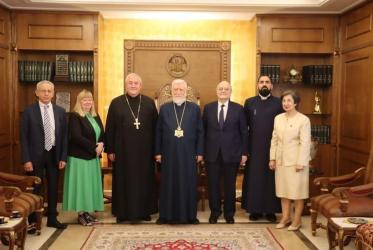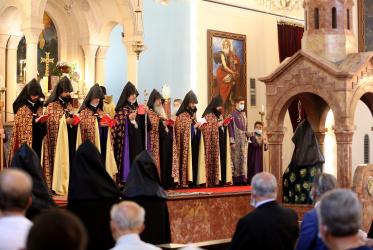Displaying 1 - 20 of 60
WCC general secretary will visit Lebanon
19 March 2024
In Lebanon, “without peace there is no justice”
21 July 2021
La Semana de oración por la unidad cristiana en imágenes
02 February 2021
In pictures: Week of Prayer for Christian Unity
01 February 2021
COVID-19 in conflict zones: “a crisis within another crisis”
27 November 2020
